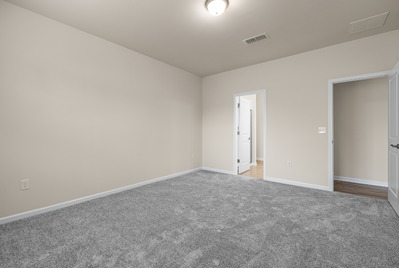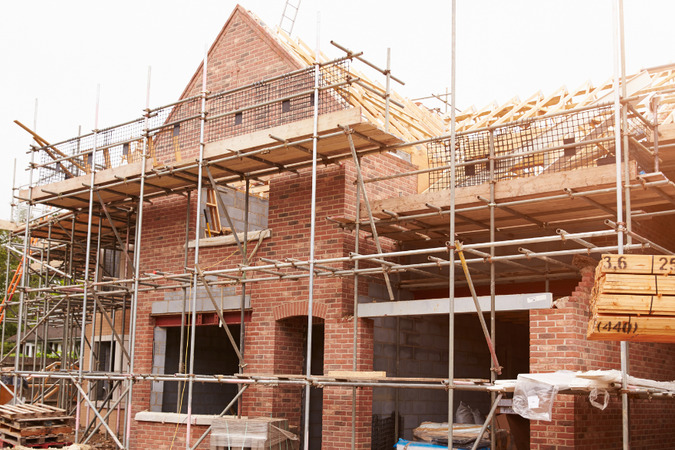What can landlords do when tenants have bad neighbours?

As a landlord, your priority is to ensure your tenants feel safe, comfortable and content in their homes. However, even a well-maintained property can become problematic if neighbouring behaviour disrupts the tenant’s quality of life. Whether it’s excessive noise, anti-social conduct or disputes over boundaries, difficult neighbours can quickly undermine a positive tenancy experience.
This guide explores how landlords can respond constructively to neighbour-related issues while protecting both their tenants and their investment.
Listen to your tenants and take complaints seriously
Tenants may feel powerless when dealing with neighbour disputes, so it is essential to listen attentively and validate their concerns. Request specific details about the issue -what is happening, when it occurs, and how frequently. Encourage tenants to maintain a written log of incidents, which can be useful if further action is required.
Understand your legal responsibilities
While landlords are not responsible for neighbouring properties, they do have a duty of care to their tenants. If a neighbour’s behaviour affects the tenant’s ability to enjoy the property peacefully, it may lead to formal complaints or early termination of the tenancy. In some cases, persistent nuisance could be considered a breach of the tenancy agreement.
Communicate professionally with neighbours or their landlords
If the neighbour is a tenant, try to identify their landlord and reach out with a polite, professional message outlining the issue. If the neighbour is a homeowner, a respectful conversation may help resolve the matter informally. Clear communication can often prevent escalation and foster a cooperative resolution.
Support tenants in reporting serious issues
For serious concerns such as harassment, threats or criminal activity, advise tenants to report the matter to the local council or police. Councils have authority to address noise complaints, anti-social behaviour and environmental issues. Landlords can support tenants by providing written statements or evidence if needed.
Consider mediation or legal advice
If informal efforts fail, mediation may offer a constructive path forward. Many local councils provide free or low-cost mediation services to help resolve neighbour disputes. In more severe cases, legal advice may be necessary, particularly if the situation affects your ability to let or manage the property effectively.
Review tenancy agreements and policies
Ensure your tenancy agreements include clauses related to anti-social behaviour and the tenant’s right to peaceful enjoyment of the property. These provisions offer a framework for action and demonstrate your commitment to tenant wellbeing. You may also wish to include guidance on how tenants should report external issues.
The role of estate agents in managing neighbour disputes
In situations like these, estate agents can provide valuable support by mediating conversations, documenting incidents and liaising with external parties where appropriate. Partnering with Goodfellows means benefiting from consistent oversight and expert guidance, giving you confidence that both your property and your tenants are well looked after.






